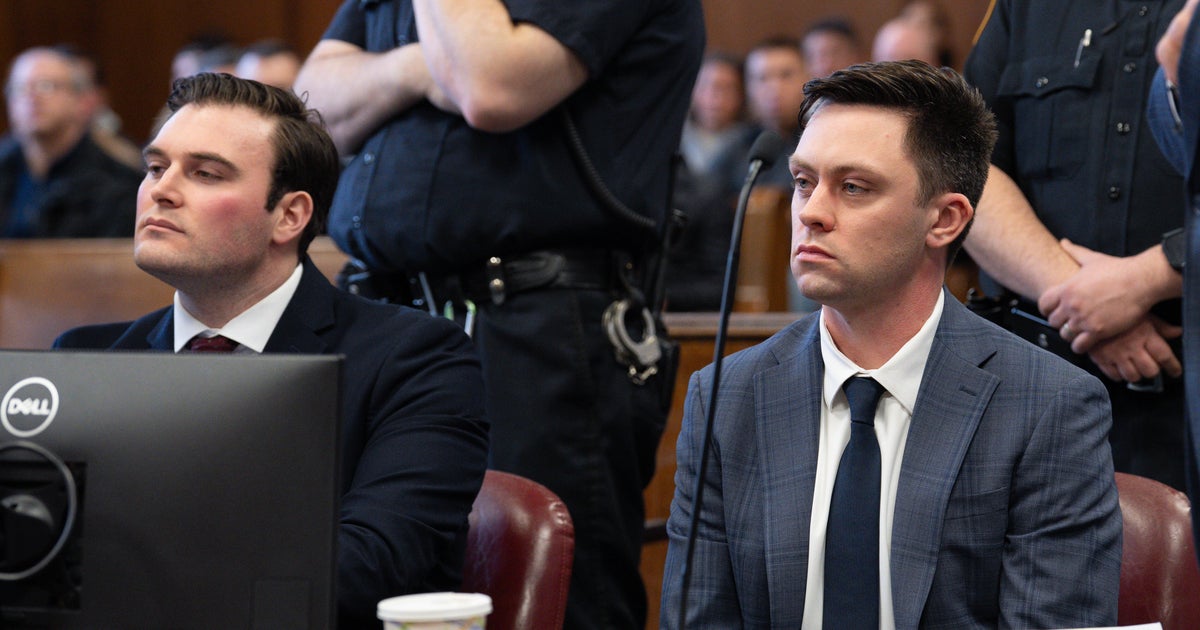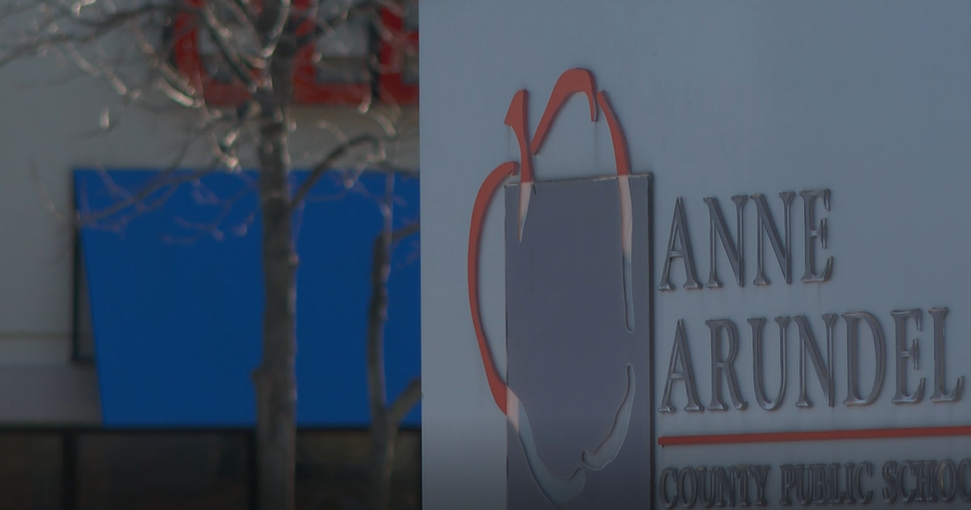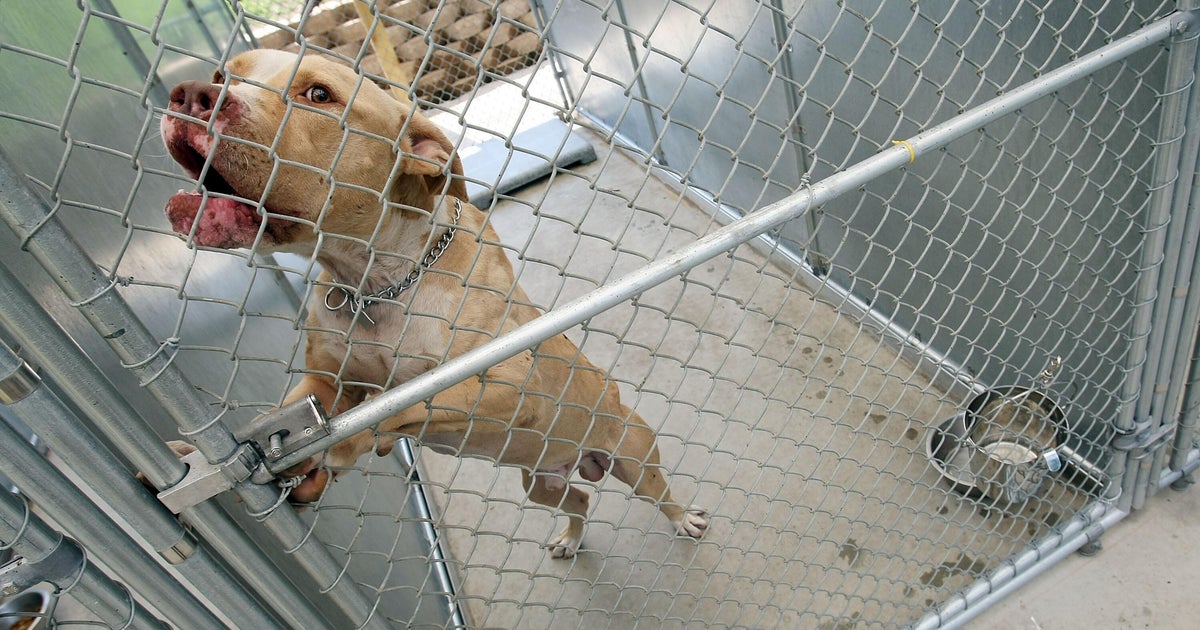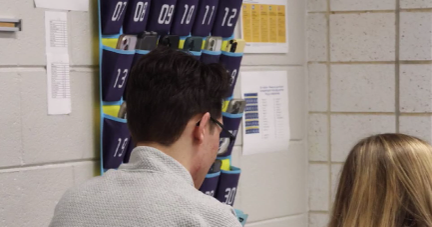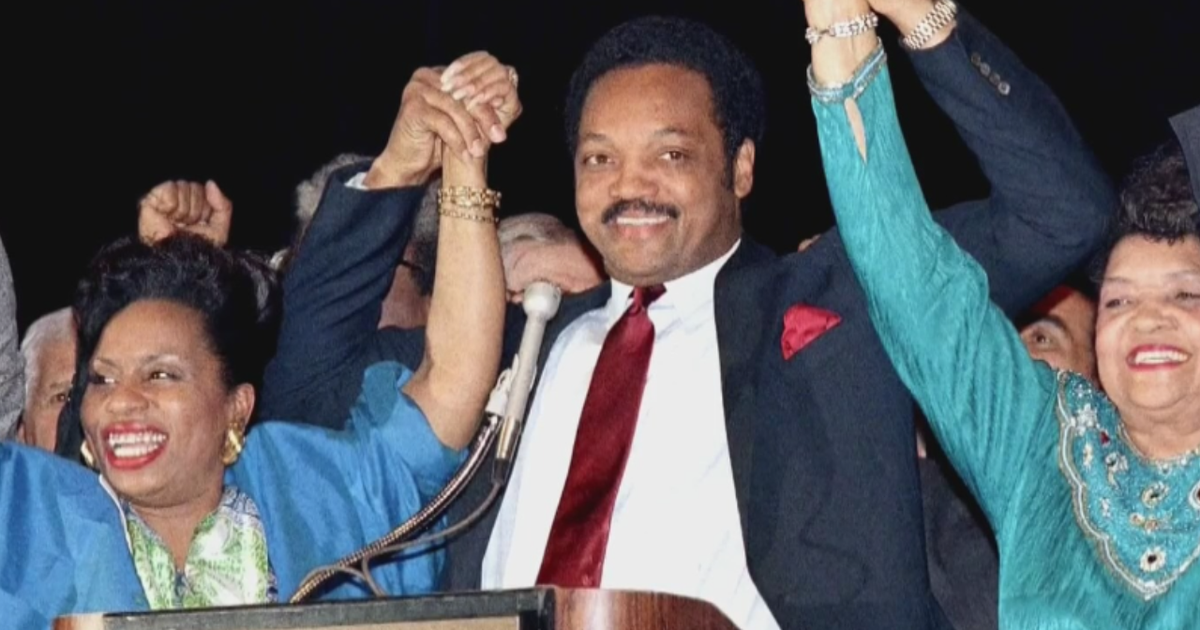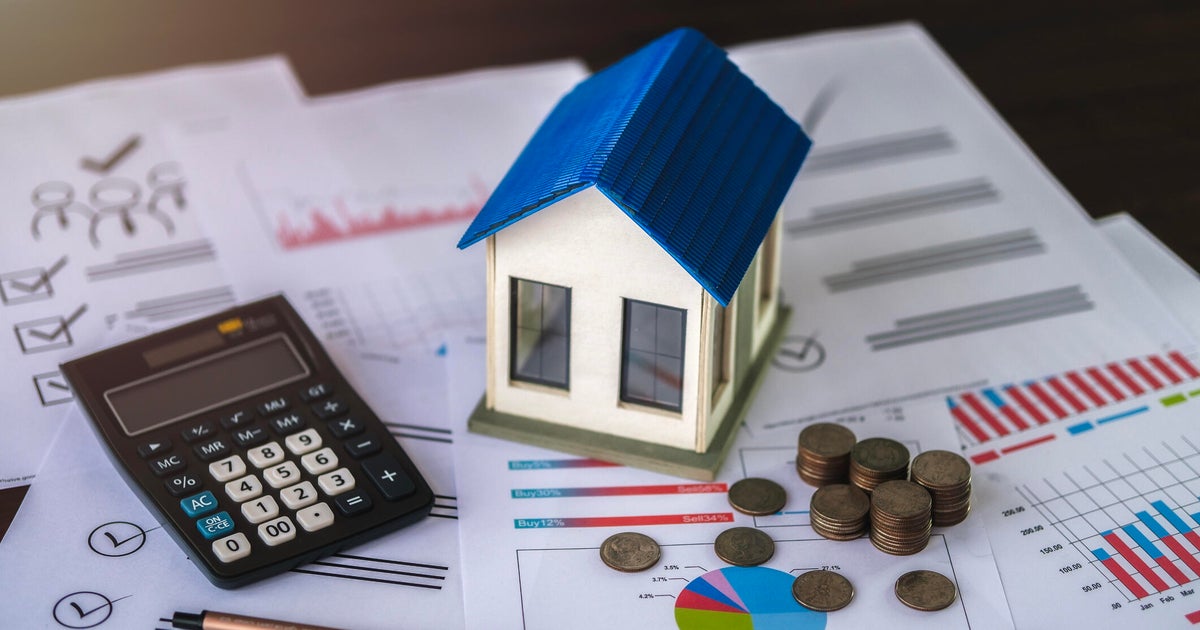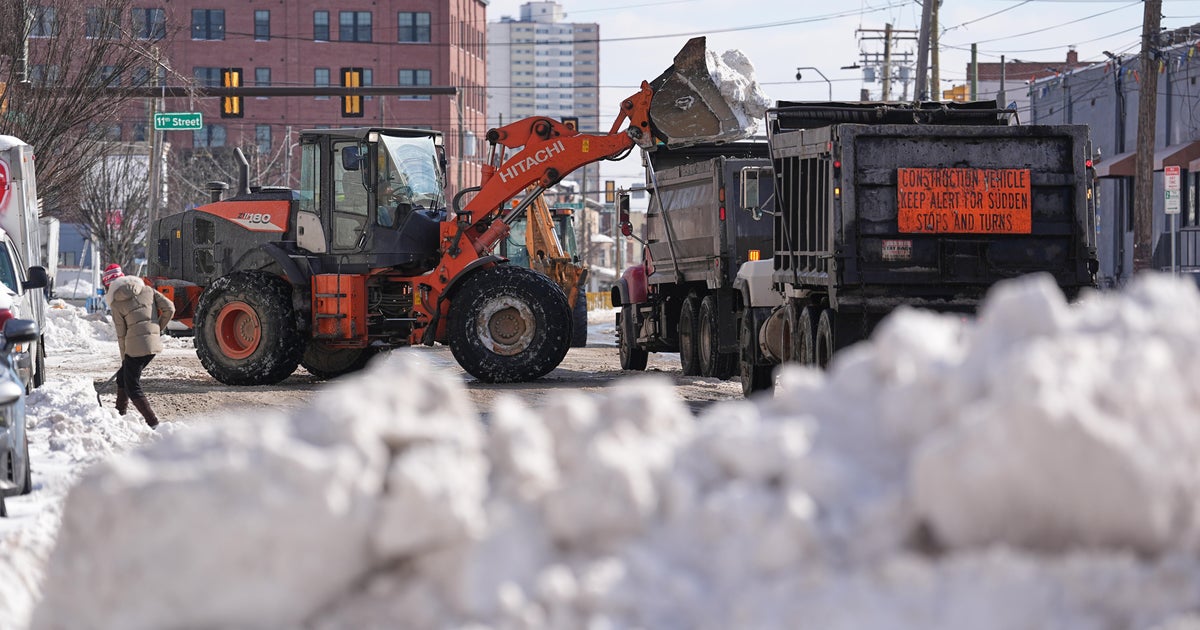Sides Make Spirited Arguments For And Against Bloomberg's Big Drink Ban Proposal
NEW YORK (CBSNewYork) -- New Yorkers finally got a chance to weigh in on Mayor Michael Bloomberg's proposal to ban super sized sugary drinks.
The first public hearing on the big drink ban was held Tuesday afternoon in Queens.
1010 WINS' Al Jones With More On The Story
Podcast
Since Bloomberg announced the plan in May, his proposal has sparked debates not just here in New York, but around the country.
WCBS 880's Rich Lamb reports
Podcast
"The obesity epidemic is one of the most urgent challenges facing our city and we refuse to stand on the sidelines while millions of our fellow New Yorkers struggle with the health implications of being overweight and obese," Bloomberg said.
Under the proposal, the big drink ban would:
- Put a 16-ounce limit of sugary drinks sold at city restaurants, movie theaters, sports venues and street carts.
- Apply to both bottled and fountain drinks.
- Not include grocery or convenience stores that don't serve prepared food.
- Not apply to diet soda, other calorie-free drinks or anything that has at least 50 percent milk or milk substitute.
Nearly 20,000 restaurants and delis that receive letter grades from the New York City health department would be impacted by the ban and stores with self-serve soda machines won't be able to stock cups larger than 16 ounces.
EXTRA: See The Full Proposal
Many have argued that a super sized sugary drink ban wouldn't change how New Yorkers consume sodas.
"I think it would work to a degree, but of course you know the argument, they'll just buy two," said Rod Hammersly.
"If they want to drink more, they're going to buy more to drink," said Bryce Nielsen.
But a new study published Monday in the New England Journal of Medicine found that the ban would likely cut down on consumers' calorie intake of soda.
Researchers found that if most people were limited to just 16 ounce drinks, they would not buy a second 16 ounce drink and therefore drive down calorie consumption.
LINK: Click Here To See The Full Study
The study said if 70 percent of people bought two drinks equal to 32 ounces, the overall effect of the ban on the city's waistline would be minor. If 80 percent or more doubled up on 16 ounce sugary drinks, calorie intake would go up.
An industry group opposed to the ban issued a statement blasting the timing of the early afternoon hearing itself as well as the proposed ban. For more information about the hearing itself, click here.
"By scheduling this hearing in the middle of a business day during many restaurants' and delis' busy lunch periods, the Department of Health is sending a clear message that they are not interested in hearing what real New Yorkers have to say about this proposal," New Yorkers for Beverage Choices said in their statement.
"The citywide outpouring of opposition to this proposal is a testament to the fact that New Yorkers feel this proposal is arbitrary, unfair and ineffective. Instead of helping us through this recession, the Mayor's misguided proposal will target small business owners with additional regulations. We know we're playing against a stacked deck, but we ask the members of the Board of Health to please listen to the voices of the tens of thousands of New Yorkers who do not want this ban. We can make our own choices about what to eat and drink."
City Council member Letitia James said the ban would have an adverse effect on the city's economy.
"I oppose the ban because it's arbitrary. It's not going to impact on the sugary drinks that are served at Starbucks, 7-Eleven, etc. It's going to have a major impact, an adverse impact on small businesses and therefore puts them at an unfair competitive advantage," she said. "When the city is looking at a 10 percent unemployment rate, this is certainly not a time to lay off individuals and affect the job market."
Councilman Dan Halloran agreed, telling CBS 2's Don Dahler: "This short-sighted measure will shut down production of movie theaters, pizza places, restaurants, coffee shops. Even ice cream parlors will be affected by this absolutely ridiculous ban."
Added Brooklyn Borough President Marty Markowitz: "I'm not overweight because of Big Gulp sodas. Frankly, I''m overweight because of pasta."
From that point, a steady stream of speakers came forward, evenly balanced between health industry workers for the limits, and food industry representatives against it.
"This proposal is biased without scientific substantiation to support," Dr. Joy Dubeau said.
"This is distracting us from real issues, from real programs that actually help in regards to obesity," added Rebecca Locell.
"I've been deeply offended by what the beverage industry has tried to do here. They have not admitted that the real factor here is economics," David Jones said.
New York City Department of Health Commissioner Dr. Tom Farley said the proposal won't stop someone from drinking as much soda as they want, or even going back for refills.
"People certainly have that option, but studies show that people are pretty much driven by the portion sizes that are given to them. So, if the default portion size is 24 ounces, 32 ounces, people are likely to drink that. If the default is 16 or less, people are likely to drink that and feel satisfied," Dr. Farley said.
The Board of Health will vote on the amendment in September, and if it passes the rules will go into effect by next March.
Please share your thoughts below...
